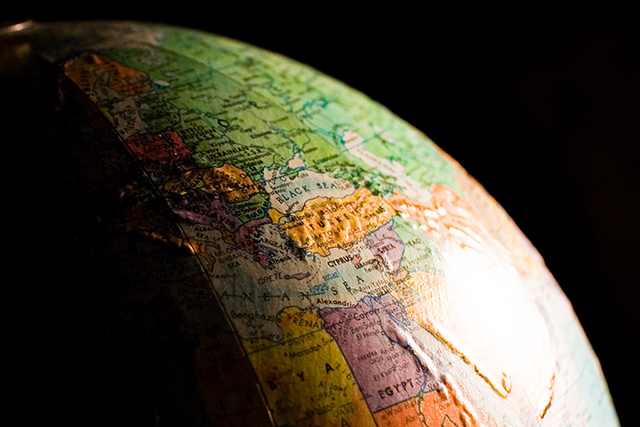
Photo courtesy of Kenneth Lu, Flickr
The importance of being informed is often tied to following the news, but the truth hidden in local and national news is too often lost by the belief that it does not affect us directly.
When talking about freedom and being a citizen capable of deciding whether or not the government is respectable, Franklin Delano Roosevelt once said, “The only sure bulwark of continuing liberty is a government strong enough to protect the interests of the people, and a people strong enough and well enough informed to maintain its sovereign control over the government.” I would argue that the same belief falls true now and often comes in forms we easily forget about, like the local corruption scandal of Bergen County Democratic Organization Chairman Joseph Ferriero as well as the Kenya terrorist shooting that lead to the death of around 150 people in an execution-style barrage.
The details of scandals that shape our lives may never be revealed in classically simple media. The basic idea that people get their entire sets of news from Facebook may be popular, but these views are generally looked down upon by people who call themselves informed. However, learning from national sources like CNN is a start – not a final answer.
Often, the difference in how people receive their news lies in whether or not local and under-cared-about news will be covered on that news medium. The story of terrorism in Kenya has become a prime example of news that, if it occurred in the United States, would never have been forgotten considering the scale and the total number of deaths.
A recent CNN report by Josh Levs and Holly Yan stated, “The death toll is the highest in a terror attack on Kenyan soil since the U.S. Embassy was bombed in 1998. More than 200 people died in the Nairobi blast.” The amount of deaths would raise a battle cry when discussing many "first world" countries like the earlier terrorist attack in France, which received many hours of coverage on major media and started a discussion on satire and terrorism in general.
While both attacks are undeniably horrifying and evil, it seems that basic media cares about lives that concern United States citizens and close allies more than other humans. This is not a definitive statement about media, but it comes back to selling papers or getting readership.
If no one is interested in lives being lost in a place the general public does not care about, the media will have no money flowing. This is why I would argue that global consciousness all comes back to the interest of the business and what they want us to know.
The corporation of media has allowed expression to flow and avoid government-mandated news – which is great – but the difference comes down to what is capable of selling rather than what is for information’s sake. So to combat this, studying news sources and discussing politics and what happens in this world is pivotal to living in modern society.
The purpose of being informed is to prevent being oppressed and becoming easier to rule. The idea that local news can contribute to being uniform may seem a little farfetched, but government officials at the state and local levels make up a majority of the legal decisions in our governments – especially about towns' political affairs and the different systems that are in our everyday lives and with ordinary situations.
The system that defines our lives is one to be aware of, but it is a hassle. Going around talking about local sewage news is not the point, but the point is to learn the concept of caring about the basic stuff that affects our lives.
thecker@ramapo.edu





